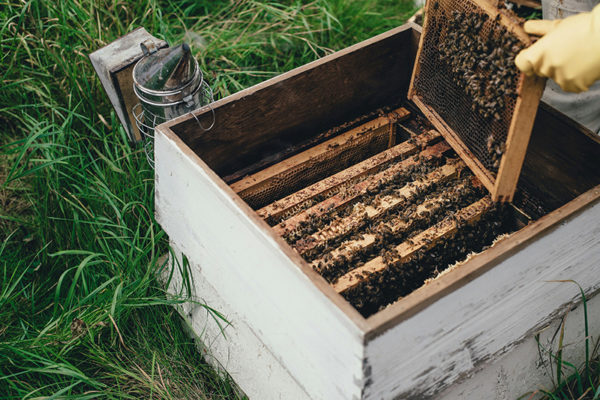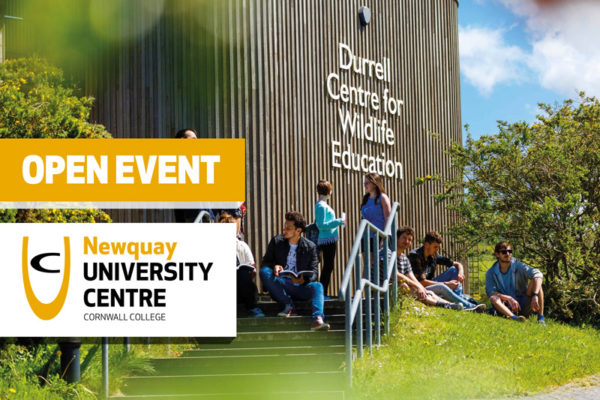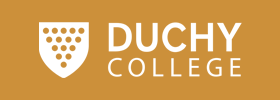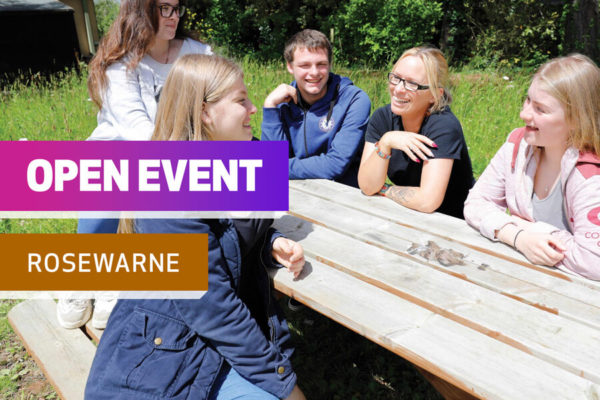Sustainable Bee Keeping
Cornwall College Camborne - 14 January 2025
1 evening for 6 weeks
Part-time
Course information
 This is a new course designed to help existing beekeepers address the complex issues affecting keeping bees today.
This is a new course designed to help existing beekeepers address the complex issues affecting keeping bees today.
For new beekeepers, the “Introduction to Beekeeping “ course at Duchy College Rosewarne has been adapted and incorporates some of the principles of sustainability at a basic level.
This more specialised advanced course requires the beekeeper to have been keeping bees for a while. It will be a 6 session course over 6 weeks, looking at the key themes and exploring how we need to adapt our husbandry practices, beehives, comprehension of the issues themselves and provide some practical guidance on things like hive design, nutrition, pathogen control as well as colony dynamics.
Climate Change & Habitat Loss.
One thing is for certain is that the bees cannot wait for net zero. Climate change is having dramatic phenological shifts and impacts now on the primary resources the bees need. It also directly affects bees wellbeing and is a trigger for many problems the bees are facing. Key to this is nectar flows and pollens. Extremes of weather affect their home food sources and survivability.
The session will look at the direct impact on habitats, weather events, plants, drought and excessive heat and signpost measures we can take to ameliorate some of the impacts on the colonies we keep and how shifts in policy can benefit the environment.
Week 2
Native Bees and Queens
Adaptability in the bees is key to survival just like our own species. There are many species of bees and sub species which have evolved in particular zones and are use to the extremes of their localities. Modern beekeeping has involved many imports and cross breeding which has diminished this natural resilience. Here we will look at these features in the local native bee, what is meant by ‘local’ and look at how these all combine to supporting the wider ecosystem and habitats whilst ensuring carrying capacity and competition with other pollinators is not challenged
Week3
Nutrition and Microbiota
Of all the issues facing the bees and other pollinators poor nutrition is perhaps the most critical. The loss of habitat and modern agriculture is one of the main drivers and this session will examine the relationship between nutrition, microbiota of bees, plants, soils and colony health. It will also show how we can identify nutritional stress and what we need to feed, when and the importance to the bee and colony lifecycle. As ever these issues are interlinked to things like climate change.
Week 4
Exposure to Alien Pests, Pathogens and Toxins
This session will explore the impacts on individual and colony health from the newly introduced alien pests such as the Asian Hornet, Small Hive Beetle, Tropilaelaps. Whilst some are not endemic at the moment they are either in Europe or are knocking on the door of the continent. The range of pathogens bees are exposed to are complex and their interactions critical to health of colonies. Man made Toxins are now ever-present and have devastating sublethal impacts on all pollinators, their life stages, behaviour and lifespan. And in combination with other stressors create tipping points.
Week 5
Hive Design, Natural Bee’s Nest Shape
In this session we look at the natural colony nest shape function and processes. Bee hives are not natural and work against the bees natural processes and evolutionary adaptions. This critically affects energy consumption condensation and ability of colony to survive and works against their own pathogen controls.
Here we will look at modifications to existing hives that can be made to give the bees a fighting chance and reintroduce these natural processes back. This is one critical area that we can directly influence and the improve the bees home. Ask yourself would you like to live in a wooden box 20mm thick?
Week 6
Adaptive Behaviours
Here we explore how bees behave as individuals and as a colony and what we need to be aware of in our inspections and interatctions with themselves and pest and patogens. The other themes explored are all impacting how a colony funcions behaves and becomes stressed. Adaptive behavhiours relate not only to the bees but the beekeeper. We need a more bee centrict approach to caring for these senitive creatures and minimise our intrusion.

Cornwall College Camborne
Our Camborne campus has served as a vocational training hub for nearly a century. The iconic Tamar tower and the ‘big top’ that covers our construction and engineering provision, are landmarks known throughout the area. This legacy, combined with an exciting modernisation programme, has made Cornwall College Camborne the home of cutting edge facilities, dynamic learning experiences and fantastic student spaces. Open and modern learning areas, electric vehicle training labs, esports gaming facilities, chill out areas, an award-winning restaurant and plenty more besides, makes this the perfect place to have your #careercollege experience.
Read more on the exciting developments at St Austell & Camborne
Find out more about our Camborne campus
Events
Newquay University Centre Cornwall College Open Day
Adult University- Dates
11th January 2025, 11:00am - 1:00pm
21st June 2025, 11:00am - 1:00pm
Open Event at Duchy College Rosewarne
16-19 Adult Apprenticeship- Dates
18th January 2025, 10:00am - 12:00pm
15th May 2025, 5:00pm - 7:00pm
Related Topics
Start your application
| Course type | Adult Leisure and Professional |
| Apply now | |
| Tuition Fees: £125.00
If you are aged 19+, the cost of the course will depend on your circumstances. Detailed information can be found in our Financial Support Section. Financial support for ages 19+ |
|
Course Code 14284-DRW-24
Courses listed on this website are indicative of the subject, nature and level of study. The College reserves the right to alter specific qualifications titles, awarding bodies and levels of qualification, which can change in year. Any cost may also vary, based on personal funding eligibility. The Cornwall College Group reserves the right to withdraw any course listed at any time.




